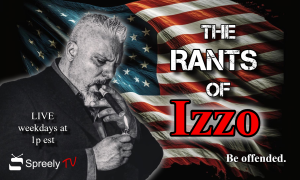America is in the midst of a heartbreaking epidemic: school shootings. What should be sanctuaries of learning have become frequent scenes of horror and grief. The ongoing wave of school shootings in the United States has left families, communities, and the nation grappling with both trauma and frustration. With each incident, a troubling question remains unanswered: why does this keep happening, and what can be done to stop it?
CLICK HERE to Listen to the Podcast: Listen to “The School Shooter Epidemic in America” on Spreaker.
A Tragic Pattern of Violence
School shootings have tragically become part of America’s collective consciousness. According to data from the Gun Violence Archive, there have already been dozens of shootings on school grounds in 2024 alone, adding to a grim legacy of violence. While mass shootings at schools tend to grab the most headlines, the broader issue of gun violence in educational settings—whether targeted or accidental—has turned what should be a safe haven for children into places of fear and anxiety.
Horrific events like Columbine (1999), Sandy Hook (2012), and Parkland (2018) remain etched in the American psyche. Each time tragedy strikes, the initial wave of sorrow and outcry is followed by a familiar cycle: thoughts and prayers, media attention, promises of action, and ultimately, little tangible change.
The Cost on Students and Society
The physical toll of school shootings is devastating, with hundreds of lives lost or permanently altered. But the emotional and psychological cost is equally staggering. Students, teachers, and families who experience these events often suffer lasting trauma, and even children far removed from specific incidents live with heightened anxiety and fear.
According to studies, children exposed to violence—whether directly or indirectly—show increased signs of post-traumatic stress disorder (PTSD), depression, and academic underperformance. For teachers, the pressure to balance education with safety preparedness has added yet another strain to an already demanding profession. Routine lockdown drills, once unimaginable, have now become standard practice across the country.
Why Does This Keep Happening?
The reasons behind the school shooting epidemic are complex and multifaceted. Some key factors include:
- Easy Access to Firearms: The United States has more guns per capita than any other developed nation. Many school shooters, including minors, obtain firearms legally or from unsecured home storage. Gun control remains one of the most contentious issues in American politics, leading to gridlock on meaningful legislation.
- Mental Health Crisis: While mental health issues cannot fully explain the epidemic, they are a contributing factor. Lack of resources, stigma, and delayed interventions allow troubled individuals to slip through the cracks.
- Cultural Factors: Violence in media, social alienation, and bullying have all been pointed to as exacerbating factors. While most people with these experiences do not commit violence, some individuals become radicalized or develop harmful ideologies.
- Insufficient Security and Prevention: Schools often lack the resources to implement comprehensive safety measures. Security protocols vary widely, and preventative programs for identifying at-risk students are inconsistent.
A National Failure of Leadership
While school shootings are undeniably a national emergency, political leaders remain divided on solutions. Calls for common-sense gun reforms, such as background checks, red flag laws, and mandatory safe gun storage, face strong opposition from gun-rights advocates. Meanwhile, opponents argue that further regulation threatens Second Amendment freedoms, deepening the ideological divide.
Efforts to address mental health and school safety have been similarly uneven. While federal and state governments have allocated some funding for mental health services and school security, critics argue that these efforts fail to address the root causes or scale of the problem.
The Role of Communities and Parents
In the absence of sweeping national reforms, communities and parents have taken the lead in advocating for change. Grassroots movements like March for Our Lives and other advocacy organizations have galvanized public attention and pushed for action. Parents of victims have become vocal activists, sharing their grief to demand an end to these tragedies.
Additionally, many school districts are implementing localized initiatives, such as increased mental health counseling, anonymous tip lines, and enhanced safety measures. However, the patchwork nature of these solutions underscores the need for a unified, nationwide approach.
A Path Forward
Addressing the school shooting epidemic requires a multi-pronged approach. Some steps that policymakers and society must consider include:
- Strengthening Gun Laws: Expanding background checks, enforcing secure storage laws, and implementing red flag laws can help keep guns out of the wrong hands without infringing on law-abiding citizens’ rights.
- Investing in Mental Health: More funding for school counselors, mental health programs, and crisis intervention can help identify and support at-risk individuals before tragedies occur.
- Improving School Safety: Comprehensive safety protocols, training, and resource allocation are critical for protecting students and staff.
- Promoting Community Awareness: Educating parents, students, and teachers on warning signs of violence can empower communities to take action early.
Conclusion
The epidemic of school shootings in America is a tragedy that has gone on for far too long. Each life lost is a reminder of the urgency of this issue. As a nation, we cannot afford to wait for the next tragedy before taking action. Ensuring the safety of our children and schools requires leadership, unity, and the collective will to make change happen. It is not only a political issue but a moral one—one that defines our commitment to future generations.
I want to know what you think!
Send me your views, thoughts or what’s on your mind and we will feature on our newsletter or show!
Email to [email protected] OR
Leave a text, voice note or voicemail for the show on what your thoughts are at 708-982-0974
Connect with me on Spreely Social CLICK HERE to Check out Spreely Social
Join the Rants of Izzo Show chat! https://t.me/+hykjn-AtipliZGVh
And don’t forget to watch us LIVE weekdays at 1p est! CLICK HERE to Watch The Rants of Izzo Show!
-Izzo



